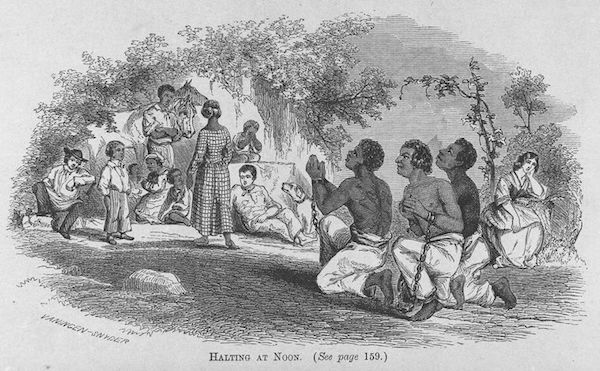
In A Black Theology of Liberation, James H. Cone controversially asserted, “If God is not for us, if God is not against white racists, then God is a murderer, and we had better kill God. The task of black theology is to kill gods that do not belong to the black community; and by taking black history as a source, we know that this is neither an easy nor a sentimental task but an awesome responsibility.” Cone’s threat of deicide is one of his most frequently misunderstood and frequently criticized assertions. Often misconstrued as a rejection of Christian orthodoxy, Cone’s assertion is instead a challenge to the notion of a white God who either sits idly by or supports the oppression of black people. Cone instead contrasts this with a vision of a God who is intimately involved in the suffering and liberation of black and other oppressed peoples. And, as Jared Hickman demonstrates in his new book Black Prometheus: Race and Radicalism in the Age of Atlantic Slavery, this motif of liberation as a rebellion against the gods is one with origins in ancient mythology and its applications have deep and pervasive roots in the history of thought on race and liberation.
The origins of the myth of Prometheus are unclear and the story is never told in full in any of the ancient sources. Instead, various aspects of the Promethean mythos are retold and applied with variations in emphasis by a host of ancient writers, including Hesiod (8th century BCE) and Aeschylus (5th/4th century BCE). What all of the retellings of the myths hold in common is the presentation of Prometheus as a figure who stands in defiance of the reign of Zeus and the other gods of Mount Olympus. He is instead a partisan of the Titans, the older gods whose reign was overthrown by the Olympians. He is also frequently represented as possessing a certain tenderness toward humankind, working to counter the cruelty and indifference of the Olympian gods to the lives and sufferings of humans.
Black Prometheus (Jared Hickman)In one early myth, Prometheus tricks Zeus into accepting the fat and bones of animals as sacrifices, leaving the nutritious meat to the humans to consume. In another myth—perhaps the most famous of the Promethean myths—Prometheus is able to steal fire from the Olympians and give it to humans. The gift of fire becomes for humans the means by which they will build civilizations, allowing them to cook their food and forge metal tools. Prometheus’s theft is punished with characteristic cruelty by Zeus, however; he is chained to a mountainside in the Caucasus where an eagle picks at his liver for eternity. The Athenian playwright Aeschylus presents Prometheus in this state of suffering but in eternal defiance of the rule of Zeus. Prometheus at last predicts that another will eventually rise up to overthrow the reign of Zeus.
Monthly Review Online for more
